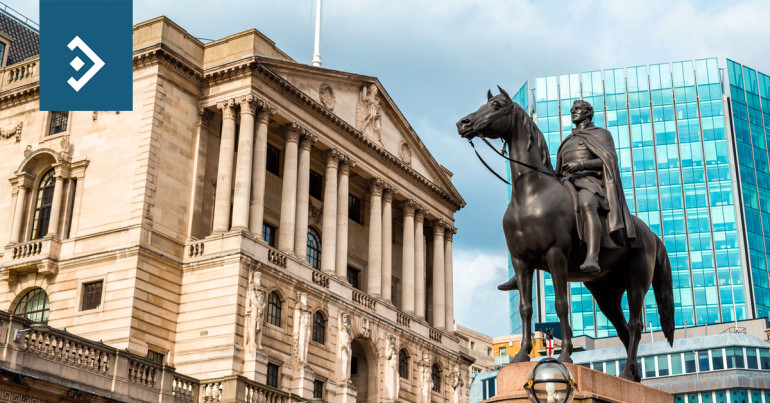
Can UK Economy ignore Brexit
Morning mid-market rates – The majors
31st December: Highlights
- UK Economy limping to finish line
- U.S. Corporates to drive continued growth in 2020.
- Fiddling while Rome (and Paris Frankfurt and Madrid, et al burns)
Post-January will the market look for growth?
Public sector commitment to large infrastructure projects outside London will be expected to kick start the economy and provide impetus for companies to cast off their Brexit concerns and look forward positively.
There has been a curious degree of concern regarding the economy in the admittedly brief period the election with consumers more interested in the Holiday season than thinking too much about the future.
That attitude is unlikely to change this week as the country slowly returns to work. It will be Monday before the reality of just three weeks before Brexit becomes official finally hits home and preparations become more than theoretical.
Flames of concern over the nature and practicality of the trade negotiations continue to be fanned by opposition to Brexit despite the crushing victory for the Conservative Party.
Concerned FDs and CFOs decisions over 2020 hedging policy become critical will centre around the performance of the pound and euro. Sterling will finally become more reactive to a range of drivers and be less of a “one way” bet.
2019 was characterized by something of a “herd mentality” where the entire market lurched in one direction then another. 2020, at least initially, will be more dominated by a variety of opinions.
The pound looks likely to end the old year well supported although still prone to shocks. Yesterday, in quiet trading it rallied to a high of 1.3151, closing at 1.3103 versus a correcting dollar.
Considering your next transfer? Log in to compare live quotes today.
Dollar fall a positive for trade
Trump had constantly said that it would be China who would be looking for a deal “at any cost” as the tariffs that had been gradually introduced bit into their exports.
However, the reality of America’s “export” of its manufacturing capability means that its ability to manufacture in large numbers (outside the vehicle industry) no longer exists.
Both sides have been reticent to provide any background to the treaty simply making encouraging noises.
The detail of the agreement will be as important for the global economy as it will individually for both the U.S. and China when it finally emerges.
The past few weeks have seen the dollar correct as risk appetite has improved and that will provide a boost to U.S. export growth but that situation can quickly turn around if the markets return to cautious mode. Should further details (when they emerge) disappoint, and the commencement of stage two of the talks be delayed for any significant length of time a rally could easily begin
The dollar’s correction continues into the final day of the year. Yesterday the index reached a low of 96.61, closing at 96.78. So far (05.30 GMT), it has reached a low of 96.63.
“Sick man of Europe” tag the ultimate irony
That title has now, ironically, passed on to Germany, which has always been the powerhouse, economically and politically of the European Union. Just how much longer this sick man status will continue to be accepted by Berlin without radical action being taken remains to be seen.
In economic terms there are two issues that frighten the German Government more than any other. The first is inflation. Even now, a century after the decimation of the economy by hyper-inflation following WW1, the spectre remains. The second is unemployment. There is no doubt that nationalist tendencies are fuelled by the unemployed and Chancellor Merkel’s policy towards immigration, while showing her to be a “good European, is in danger of backfiring nationally.
Brussels is taking a strange view of Germany in its current economic slowdown.
Germany seems to operate outside the usual conventions while a feeling of laissez-faire about it only being a matter of time before growth and activity return pervades the EU Commission. While global trade is clearly affecting Germany more severely than most G20 nations, there is a clear paradigm shift growing in manufacturing, as Asia (China in particular) grows its capability exponentially and won’t be handing back the reins lightly.
The euro has ended the year in an optimistic manner although the expectations generated are built on sand. The currency remains fragile despite reaching a high of 1.1228 yesterday. It closed at 1.1198 proving that the 1.1220 level still provides stiff resistance.

About Alan Hill
Alan has been involved in the FX market for more than 25 years and brings a wealth of experience to his content. His knowledge has been gained while trading through some of the most volatile periods of recent history. His commentary relies on an understanding of past events and how they will affect future market performance.”



